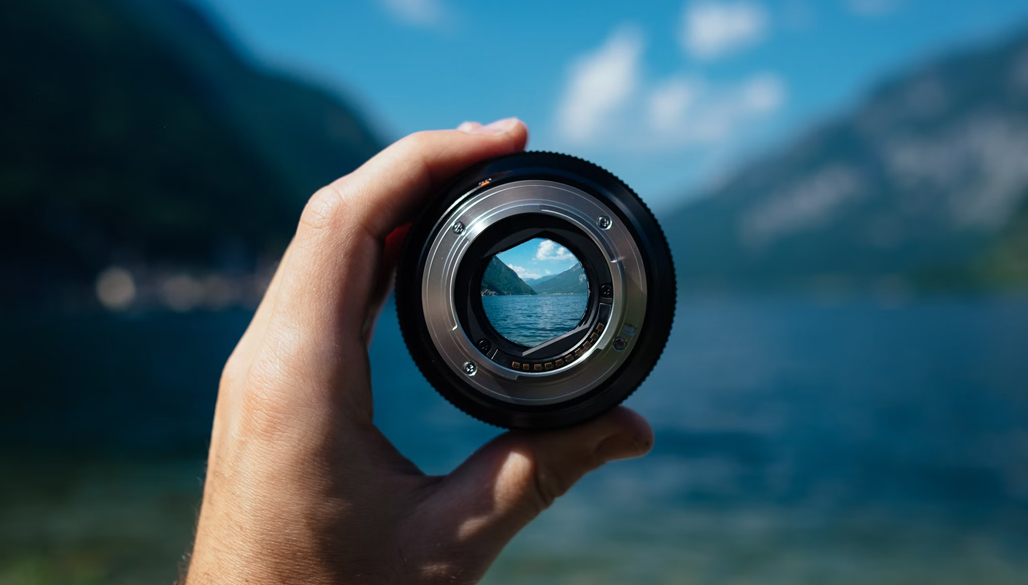
The Power of Focus in a World of Distractions
How often do you find yourself mindlessly scrolling through apps or social media, with no clear intention? You’re in the middle of a task, or perhaps you’re eating a meal, and without thinking, you pick up your phone. You open Instagram, or maybe another app, and start scrolling through random content. Before you know it, an hour or two of your life has been perfectly wasted.
We get pulled into content driven by random algorithms, content we never intended to engage with. It becomes an unconscious routine, checking our phones upon waking up or just before bed, with no real purpose. Have we lost the value of our time and focus? Many apps and websites are designed to hook us, because our attention fuels their economic success.
I highly recommend tracking your screen time and reflecting on where your time and attention are going. If you’re spending anywhere from 2 to 5 hours a day on your phone, that’s 14 to 35 hours a week. Over the course of a year, that’s equivalent to 1 to 2.5 months lost in apps that don’t contribute to your growth or creativity. Imagine what you could be doing with that time instead.
‘’ If you’re spending anywhere from 2 to 5 hours a day on your phone, that’s 14 to 35 hours a week. Over the course of a year, that’s equivalent to 1 to 2.5 months lost in apps that don’t contribute to your growth or creativity. Imagine what you could be doing with that time instead.’’
For me, that realization is devastating. To think of all the hours I could have used for something more meaningful, to create or push forward on my ideas. Let’s not remain passive consumers; let’s shift towards becoming producers.
Here are some practical tips I use that might also benefit you. First, my phone is on “Do Not Disturb” mode 99.9% of the time. I’m rarely bothered by notifications or random calls. I also use tools like News Feed Eradicator, which removes the endless feeds from Facebook, YouTube, and Instagram on my desktop. On my phone, I rely on One Sec, an app that pauses me for a moment before opening an app, giving me time to reflect: did I really intend to open this? That small pause helps me make a conscious decision before I get sucked into the vortex.
But isn’t it important to stay up to date? To catch up with friends, or see what’s happening in the world? Sure, there are moments when it’s valid … checking who got married, who’s having kids, or even what’s going on in the news. I have to admit it, there’s going to be a sacrifice. But for me, the benefits of setting boundaries far outweigh the appeal of scrolling aimlessly. My focus and time are more valuable than being dragged into a cycle of algorithm-driven content. I’d rather invest my time in a project, creating something meaningful, or fueling my passions than pushing out likes and comments.
‘’ For me, the benefits of setting boundaries far outweigh the appeal of scrolling aimlessly. My focus and time are more valuable than being dragged into a cycle of algorithm-driven content. I’d rather invest my time in a project, creating something meaningful, or fueling my passions than pushing out likes and comments. ’’
I’m not advocating for cutting apps entirely. I still use them, but with a clear purpose. When I open an app, it’s intentional. I’m researching a specific topic, contacting someone, or handling a task that matters. Conscious action is the key. As I playfuly remind my partner when I catch her using social media, with a slight grin on my face, “Are you scrolling consciously?”
As I playfuly remind my partner when I catch her using social media, with a slight grin on my face, “Are you scrolling consciously?”’
There’s something empowering about taking control of where my attention goes. I’m proud of reclaiming my time and investing it in things that matter. Setting these boundaries allows me to create, focus, and live with more intention.











